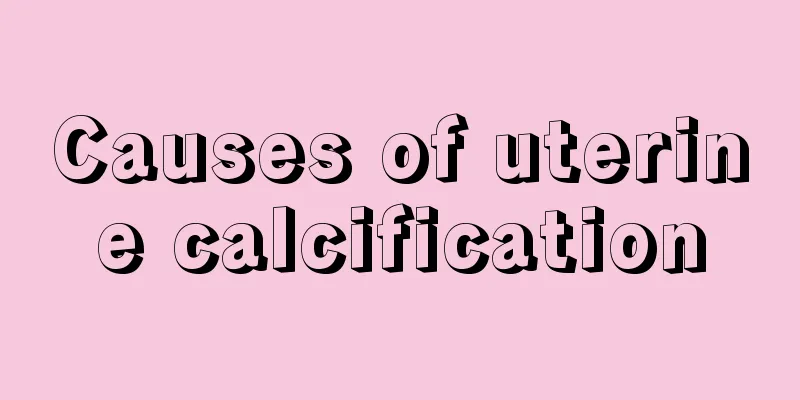What are the symptoms of menopause in women

|
After reaching menopause, women will become very irritable and lose their temper at the slightest provocation. They cannot control their emotions at all and even have some neurological symptoms. They will suffer from insomnia every time they go to bed. If this situation continues for a long time, it will induce more serious complications, such as neurasthenia. They should use some sleep-regulating drugs to treat it. Psychoneural symptoms: Excitable type, irritable, easily agitated, insomnia, inattention, multi-talking, loud crying, etc. Depressive type, irritability, anxiety, inner uneasiness, memory loss, slow movement, low mood, etc. Vasomotor symptoms, hot flashes and flushes are characteristic symptoms of women entering perimenopause, and 82% of patients have this symptom for one year. Cardiovascular symptoms: 28.9% of patients have pseudo-angina, sometimes accompanied by palpitations, chest tightness, etc. The occurrence of symptoms is often affected by mental factors. In addition, about 15.2% of patients have mild hypertension, which is characterized by increased systolic blood pressure, not high diastolic blood pressure, paroxysmal attacks, dizziness, headache, chest tightness, and palpitations when blood pressure rises. Skin tension decreases, and it becomes dry and thinner. Mid-term menopausal syndrome (post-menopause): Atrophic urethritis may cause difficulty urinating, pain in the urethral opening, frequent urination, urgency, and incontinence (even leakage of urine when laughing, coughing, or sneezing), but no pyuria. Senile vaginitis: 30% of postmenopausal women will develop senile vaginitis, the main symptoms of which are increased leucorrhea, vulvar itching, and vaginal burning sensation. Uterine prolapse, bladder and rectal prolapse, accompanied by urinary retention, urinary incontinence, and difficulty in defecation. Late stage of menopausal syndrome: Postmenopausal osteoporosis Some patients may experience bone pain, joint pain or local tenderness, but no redness, swelling or heat. Vertebral, distal radius, and hip fractures may occur, as well as spinal deformity, shortening, and tooth loss. Cardiovascular disease, postmenopausal cardiovascular disease, atherosclerosis and coronary heart disease, their causes are partly related to postmenopausal estrogen deficiency. Atherosclerosis of the cerebral arteries and carotid arteries and an increased incidence of Alzheimer's disease. [Recipe 1] Lotus seed and lily porridge: Cook 30 grams each of lotus seeds and lily rice together into porridge, and take it once in the morning and evening every day. It is suitable for people before and after menopause who suffer from palpitations, insomnia, restlessness, forgetfulness, limb fatigue and rough skin. [Formula 2] Ganmai Drink: 30 grams of wheat, 10 red dates, 10 grams of licorice, decocted in water. Take once daily in the morning and evening. It is suitable for people before and after menopause who suffer from hot flashes, sweating, irritability, palpitations, depression, irritability, and dull complexion. |
<<: Leucorrhea mostly in strips
>>: Leucorrhea examination white blood cell 3 degrees
Recommend
What is the treatment for borderline serous ovarian tumors?
The ovaries are very important for women. If ther...
What are the ways for women to exercise their breasts?
A woman's breast is one of the key organs tha...
Reasons for missing menstruation for eight days
Menstruation is a unique characteristic of mature...
B-ultrasound showed cystic
Many women feel abdominal pain during menstruatio...
Can pregnant women eat ground bile?
The traditional Chinese medicine ground dandelion...
Can olive oil remove stretch marks?
Stretch marks are mainly a kind of wrinkles that ...
I have severe back pain recently. What is going on? Female
In daily life, especially female friends often ha...
Is it good for women to drink Da Hong Pao tea?
Jin Jun Mei is a kind of famous tea in my country...
Bleeding after salpingography
Hysterosalpingography is a common treatment metho...
What should I do if my period doesn't come when I wear an IUD?
We all know that IUD is a long-term and effective...
Snap financial report: Snap's revenue in Q2 2022 was US$1.11 billion, a year-on-year increase of 13%
Snap, the parent company of the "disappearin...
How is vulvar candidiasis diagnosed?
When the vagina is inflamed, it is mostly vaginal...
Can I eat donkey-hide gelatin cake during menstruation?
In our daily life, every female friend has menstr...
What are Mogao Grottoes? Glossary What are Mogao Grottoes?
If you can go traveling, Mogao Grottoes is the fi...









